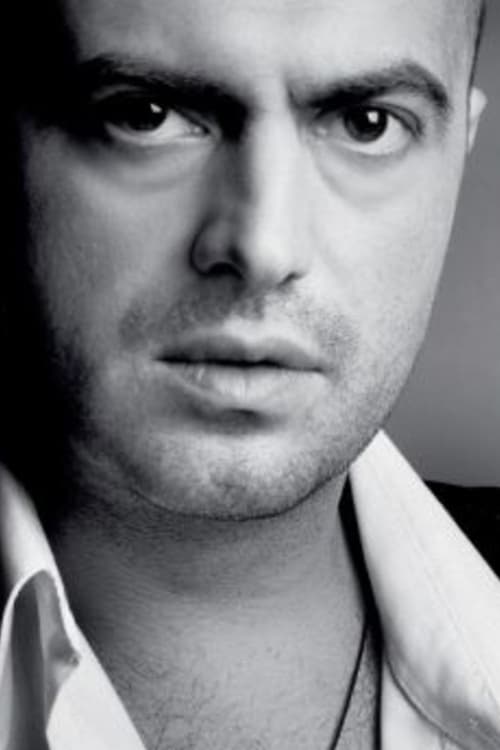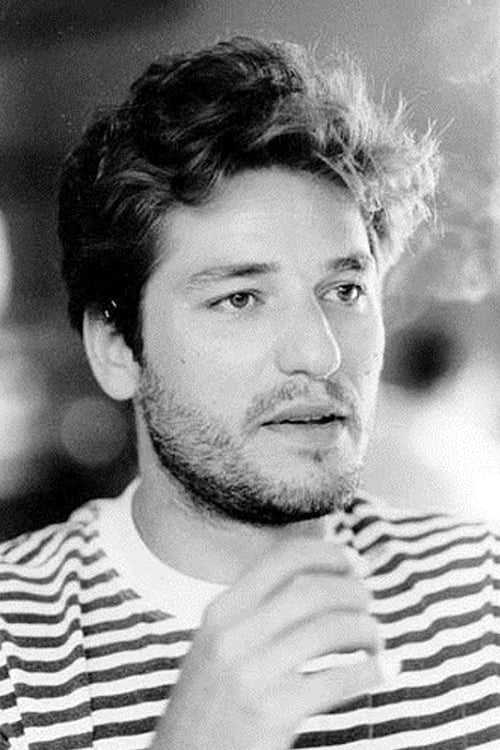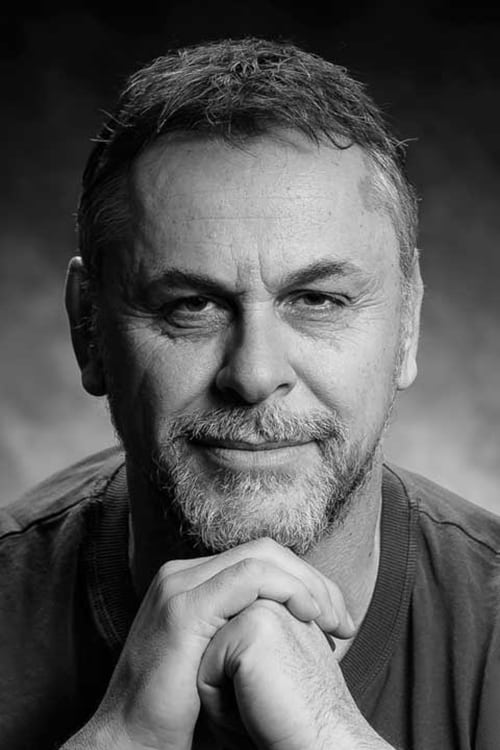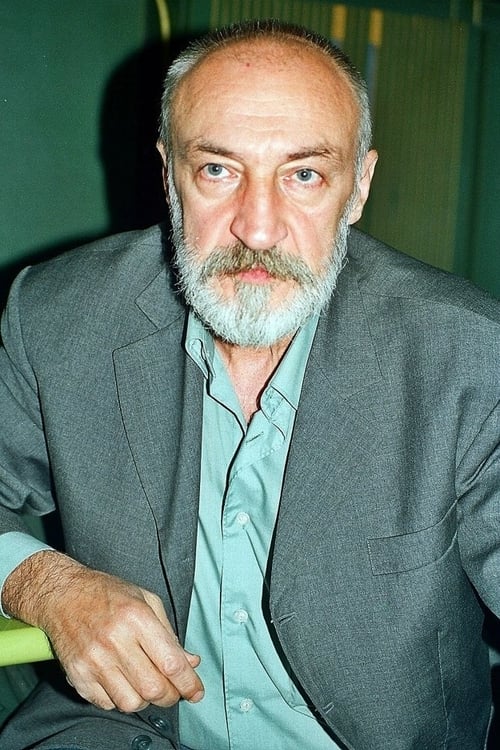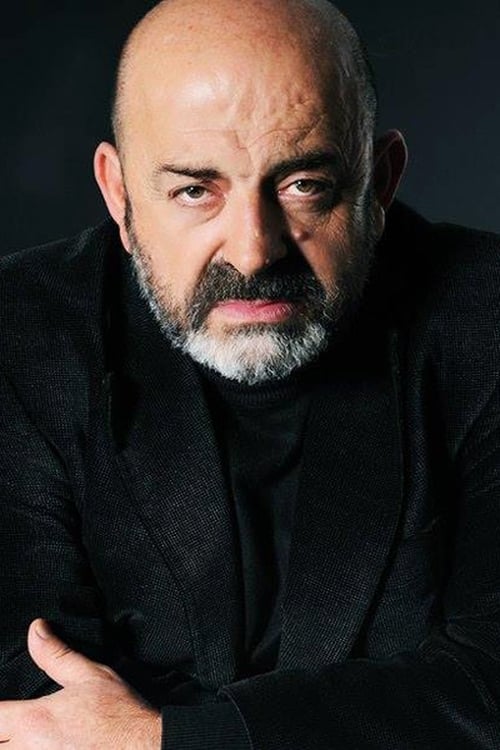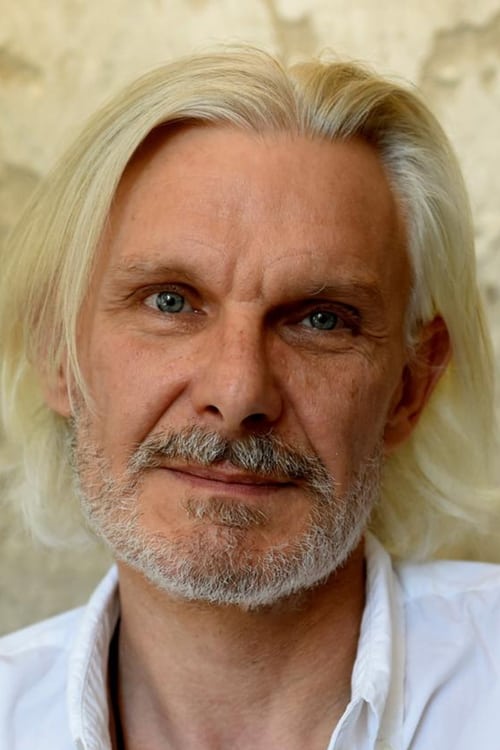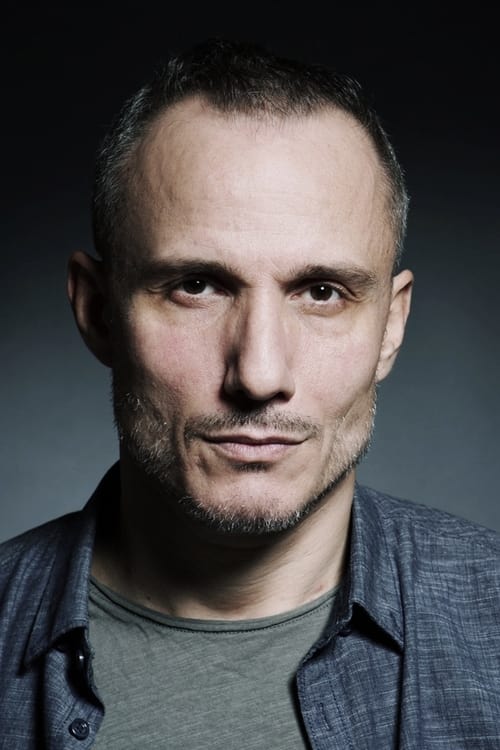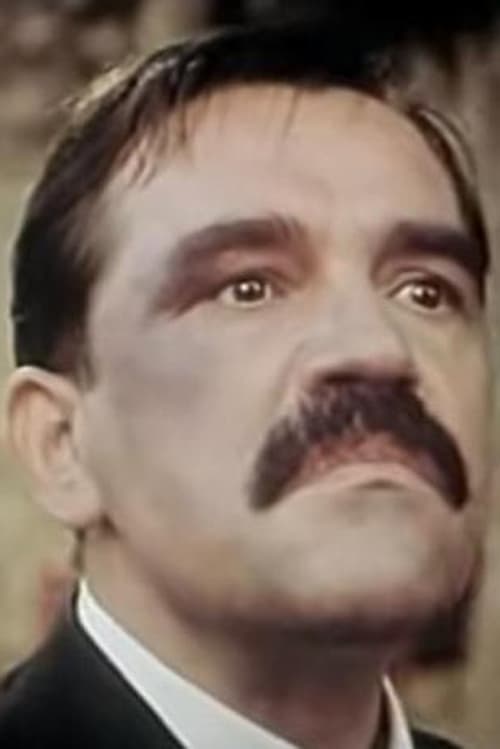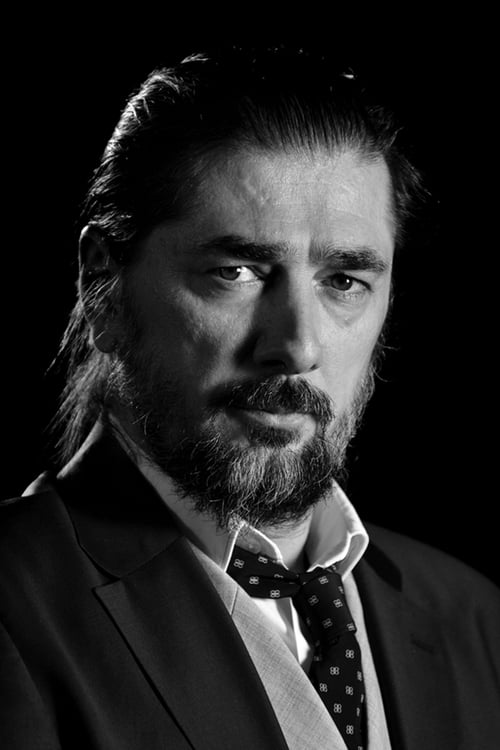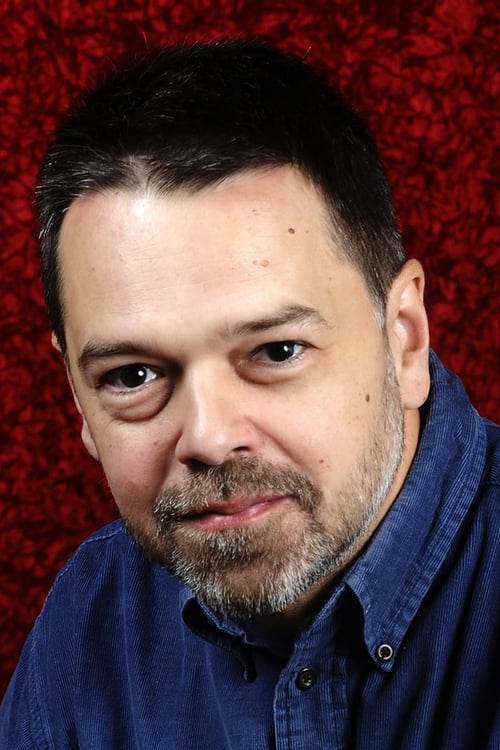The Hornet (1998)
Genre : Drama
Runtime : 1H 47M
Director : Gorčin Stojanović
Synopsis
A love story between a Serbian girl and young Albanian set against the background of current Balkanic conflict.

Fahrije’s husband has been missing since the war in Kosovo so she sets up her own small business to provide for her kids, but as she fights against a patriarchal society that does not support her, she faces a crucial decision: to wait for his return, or to continue to persevere.
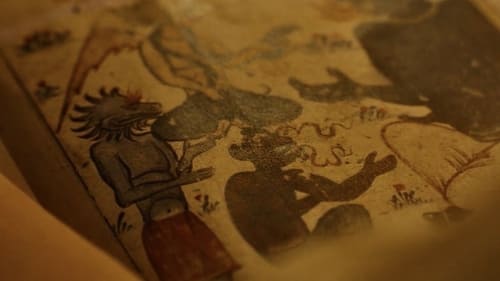
Haunted by her long-suppressed past and pressured by family to seek treatment from mystical healers for her infertility, a Kosovar woman struggles to reconcile the expectations of motherhood with a legacy of wartime brutality.

Young Bundeswehr soldiers Tom and Charly are stationed in Kosovo with the KFOR peacekeeping force. Their mission is to secure peace. Although the brutal war between the enemy Serbs and Albanians is officially over, the hatred between people continues to smoulder. When Tom and Charly rescue the young Serbian Mirjana from the fatal shot of the young sniper Durcan, they get caught between all fronts. They lose their professional distance due to the resulting closeness to Mirjana - who has to learn that her father was a war criminal - but also to Durcan - whose entire family was wiped out. Soon they are entangled in a conflict about guilt, manipulation, love and revenge...
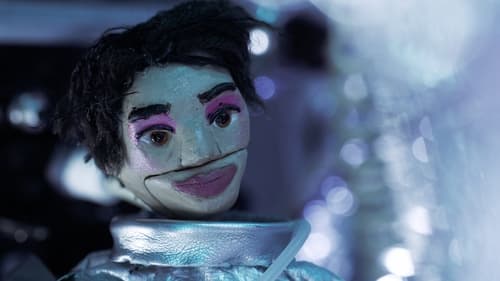
For 18-year-old Finnish–Kosovan Fatu, a simple visit to the grocery store feels as nerve-racking as a lunar expedition: for the first time in his life, he’s wearing makeup in public. Luckily his best friend Rai, a young woman on the spectrum of autism, is there to ferociously support him through the voyage.
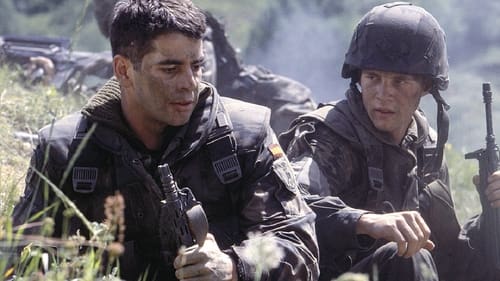
Kosovo, winter 1999. KFOR forces perform their humanitarian task while trying to maintain a difficult neutrality between Kosovo Albanians and Serbs. A platoon of Spanish Army engineers becomes unwittingly caught up in the spiral of violence between the two sides.
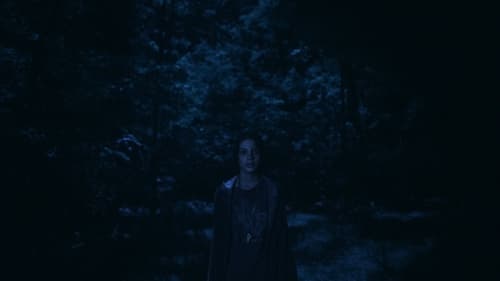
The film deals with the metaphor of fear, but hidden everyday formless news about the life of the Serbian population in Kosovo. The film is inspired by a letter from a girl from Kosovo, dedicated to her missing father, read at the United Nations, in which she publicly addresses the difficult life of Serbs, especially Serb children in the enclaves.
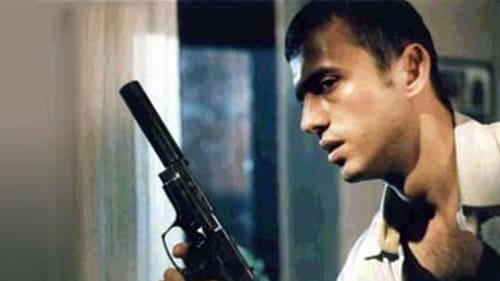
A love story between a Serbian girl and young Albanian set against the background of current Balkanic conflict.
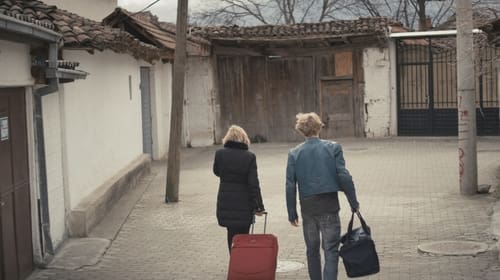
A lonely boy, who lives in Amsterdam with his refugee mother from Kosovo, keeps getting into trouble while yearning for her acceptance. But the traumas caused by the war, which his mother hides away from him, turn his world upside down.
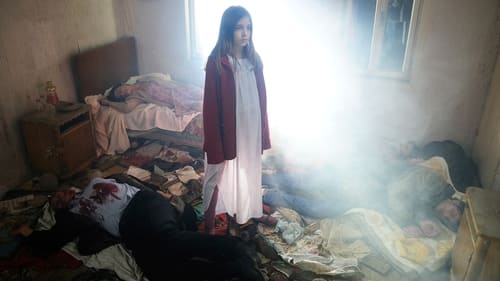
Based on a true story, Agnus Dei is a kind of Oedipus of our days. Peter must find his way to redemption. But the past will make itself known and fate sparingly gives mercy. Can he save himself, or even be saved at all?

In a mining plant in Kosovo, as occurs in many work organizations across the country, workers continue to win new positions in the self-management. The former miner and fighter - now general manager of the factory - is on the side of the workers, but has troubles in personal life.

A woman who is raped and gives birth to a child in war torn Kosovo, struggles to keep her child.

In rural Kosovo, identical houses are built for family members working abroad, in the hope that they will one day return to settle in their old homeland.

Images and reality intermingle in this account of the writer's own experiences under totalitarian regime.

Story of Azem Bejta (1889–1924), commonly known as Azem Galica, who was an Albanian nationalist and rebel who fought for the unification of Kosovo with Albania.

Stolen Kosovo is a Czech language documentary by director Václav Dvořák (b. 1948), about the Serbian–Albanian conflict in Kosovo. The documentary describes the situation, first in a short overview of the history of the area, followed by the 1990s conflicts and bombing of Serbia by NATO forces in 1999 and ending with the situation after the Kosovo War. The documentary focuses on the 1990s in the time of Slobodan Milošević's rule as well as on numerous interviews of Serbian civilians and, less, of Albanian insurgents against the Milošević regime.

Kosmet in the fall of 1944. The Partisans have successfully liberated the town of Prizren from occupying Germans,and Ramiz Leshi, a brave and cunning KNOJ captain, has to liquidate the remainder of the local Quislings, called Balists. They are led by a ruthless, German-trained soldier Kosta and by Ahmet, the brother of the famous Captain. As Ramiz is trying to get Ahmet out of the gang and hunt down the rest of the Balists, 2 new girls arrive in town. One of them is Lola, a bar singer with a questionable agenda, and the other is Vida, a withdrawn music teacher from Belgrade.
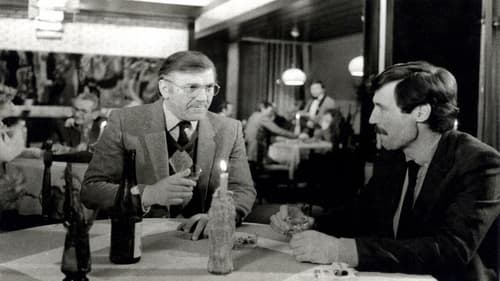
A small group of extreme Albanian nationalists are hunted by Yugoslav security services.

In this sequel to "Captain Leshi", a group of Albanian nationalist movement (ballists) continues obstruction of the new Yugoslavian authorities even after the war. Captain Leshi manages to fight them successfully, as well as to fulfill his romance with beautiful Azira.

In the Kosovo War, human dignity was shattered by the terrors of the Serbian government and the Albanian liberation army. Truths about the victims’ fates faded away, which is why a Finnish forensic research group led by Helena Ranta got a mission to act as an unbiased agent and investigate the real course of events.

